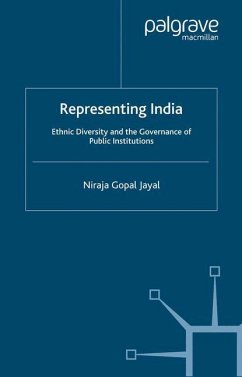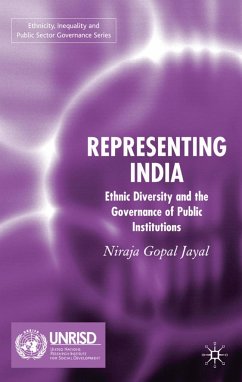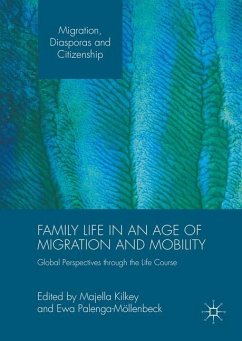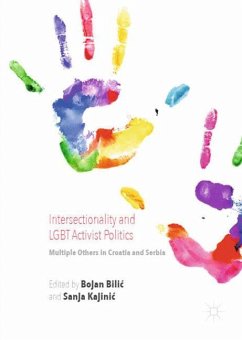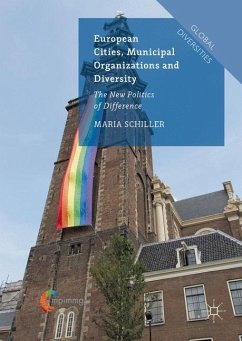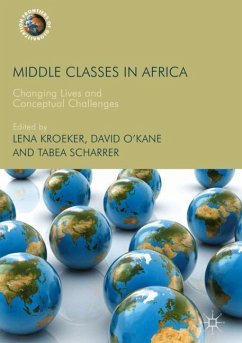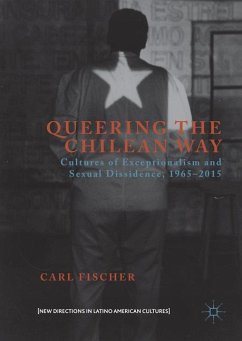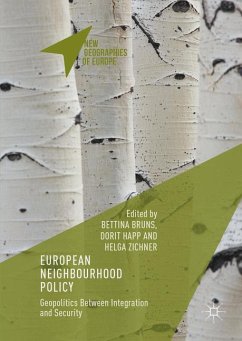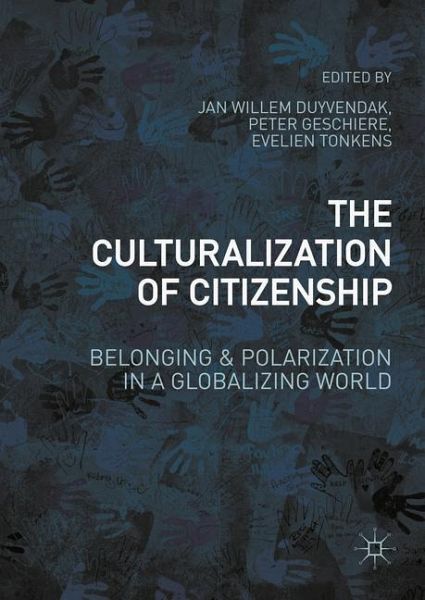
The Culturalization of Citizenship
Belonging and Polarization in a Globalizing World
Herausgegeben: Duyvendak, Jan W.; Geschiere, Peter; Tonkens, Evelien
Versandkostenfrei!
Versandfertig in 6-10 Tagen
83,99 €
inkl. MwSt.

PAYBACK Punkte
42 °P sammeln!
The notion of citizenship has gradually evolved from being simply a legal status or practice to a deep sentiment. Belonging, or feeling at home, hasbecome a requirement. This groundbreaking book analyzes how 'feeling rules' are developed and applied to migrants, who are increasingly expected to express feelings of attachment, belonging, connectedness and loyalty to their new country. More than this, however, it demonstrates how this culturalization of citizenship is a global trend with local variations, which develop in relation to each other. The authors pay particular attention to the inters...
The notion of citizenship has gradually evolved from being simply a legal status or practice to a deep sentiment. Belonging, or feeling at home, hasbecome a requirement. This groundbreaking book analyzes how 'feeling rules' are developed and applied to migrants, who are increasingly expected to express feelings of attachment, belonging, connectedness and loyalty to their new country. More than this, however, it demonstrates how this culturalization of citizenship is a global trend with local variations, which develop in relation to each other. The authors pay particular attention to the intersection between sexuality, race and ethnicity, spurred on by their awareness of the dialectical construction of homosexuality, held up as representative of liberal Western values by both those in the West and by African leaders, who use such claims as proof that homosexuality is un-African.






